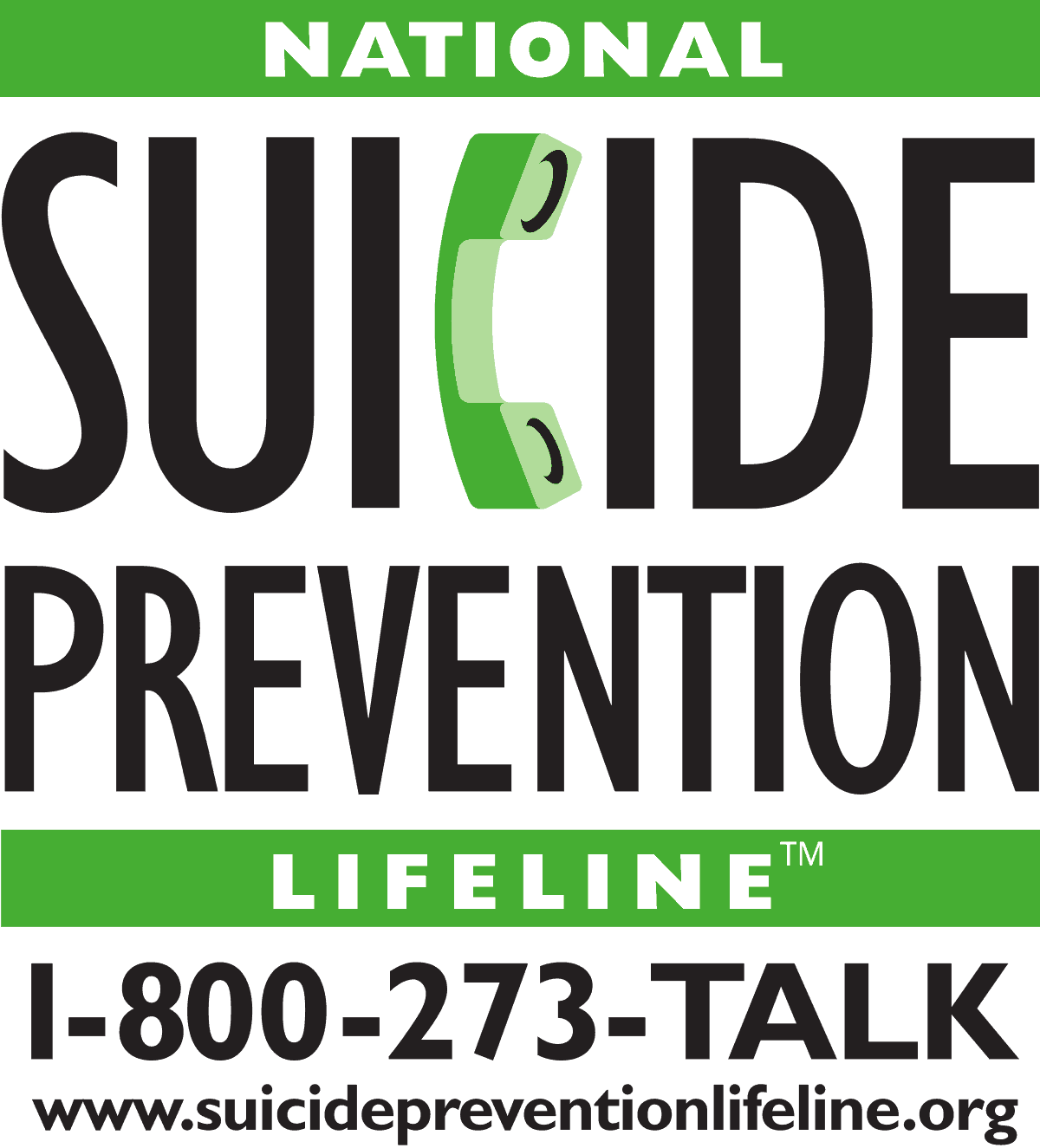Depression is an issue that has become a major problem across America over the past several decades. In fact, it’s an issue that’s touching almost every part of the world. Despite therapists’ best efforts, it seems that fighting the depression epidemic is an uphill battle. There is good news – the solution may be found in the church.
A recent study conducted by the Harvard T.H. Chan School of Public Health showed evidence that people who attended church services regularly suffered less depression. Churchgoers also face a lower risk of death from despair. Keep reading to find out more about the study.
Details of the Study on Church Attendance and Improved Mental Health
The study was led by Ying Chen, ScD, an empirical research scientist for the Human Flourishing Program at Harvard University. Other researchers included:
- Dr. Howard Koh, Professor of the Practice of Public Health Leadership at the Harvard T. H. Chan School of Public Health
- Dr. Ichiro Kawachi, Professor of Social Epidemiology at the Harvard T.H. Chan School of Public Health
Since all participants were in healthcare careers, that makes this study somewhat biased. However, the participants’ demographics varied widely, so the study could still be applied to a wide variety of people.
While the study was conducted from September of 2018 to July of 2019, the researchers used data pulled from prior surveys. The registered nurses’ data was pulled from the Nurses’ Health Study II (NHSII) from 2001 through 2017, and the men’s data was pulled from Health Professionals Follow-up Study (HPFS) from 1988 through 2014.
The results were determined from a question on each survey that asked participants how often they participated in religious services. This was tallied up along with the number of deaths from each group’s despair over the given timeframe. Using these numbers, researchers concluded that the rate of death due to despair was lower among churchgoers.
What You Can Pull from the Study on the Links Between Church Attendance and Depression
This study was a bit basic in nature. It didn’t specify which religions were more prevalent in the study or whether their careers in the healthcare field affected the outcomes. However, you can still take away the fact that attending religious services does decrease the risk of death from despair.
Does this mean you should start going to church? Maybe.
If you or someone you know are suffering from depression that is serious enough to contemplate taking drugs or committing suicide, you should probably seek professional help. However, if you aren’t that far gone yet, attending religious services could change your spirit enough to spark some positivity in your life. You don’t have anything to lose by giving it a try.
What are the Deaths of Despair?
Deaths of despair is a phrase that sounds like a good thriller movie or a popular rock band, but unfortunately, it’s not anything pleasant or entertaining. It’s a blanket term to describe a category of self-inflicted deaths that occur because the victim has a bleak outlook on life. In other words, it happens because the victim is severely depressed. Understanding the study’s significance is easier once you understand what deaths of despair are and the impact these deaths have on society.
There are three categories of deaths of despair: suicide, drug overdose, and deaths attributed to alcoholism (alcohol liver disease). In these categories, deaths are on the rise, which is why research in these areas is so important. The fact that depression is the driving factor in these deaths also means that doctors, scientists, and researchers must continue to study depression and search for ways to cure it, or at least ways to help people cope with it better.
Statistics on Depression
People are sad. The world is in turmoil, and some people can’t cope with it. Many positive things happen in society, but the negative things can be so overwhelming that people can’t see the bright side. Because of this, depression is becoming an epidemic.
Depression is something that affects everyone, no matter gender, race, age, social class, or religion. Sure, certain groups could be more at risk than others, but depression is a widespread problem. Here are some statistics that can help you put depression in perspective.
*Statistics provided by the World Health Organization (WHO), and the U.S. News & World Report (USN)
- More than 264 million people worldwide suffer from depression.
- In low- to middle-income countries, 76% and 85% don’t get treated for depression.
- China has the highest rate of depression, India comes in second place, and the United States comes in third place.
- More women, around 7.1% more, suffer from depression than men.
- Almost 10% of all Americans ages 18 and older will suffer from at least one major depressive episode.
Depression can occur due to many reasons. Sometimes a person may not even be truly depressed – it could be a side effect from some other condition. However, no matter what the cause is, the outcome can be the same. The next sections will break down each category of deaths of despair.
Suicide
There are an alarming number of suicides each year, and the rate is steadily rising. In fact, it’s the category that attributes to the highest number of deaths of despair. The rate of suicide seems to correlate with the number of mental illness cases. In fact, most people who commit suicide seem to have a diagnosable mental illness.
Suicide is one of the leading causes of death for people ages 15 to 24 years old. It’s also the leading cause of death in Caucasian men that are 85 years old or older. Four times more men commit suicide than women. In data pulled from WHO in 2016, it shows that European males had the highest suicide rate in the world.
Suicide is preventable if the victim has enough people in their life to recognize the signs. It can be hard to recognize them, especially because many people hide their depression well. However, if you notice any odd behavior from a friend or loved one, don’t hesitate to get them some help.
Drug Overdose
Deaths from drug overdoses can be controversial because many people think that drug addicts choose to be drug addicts. In most cases, this isn’t true. Most drug addicts turn to drugs to escape an unhappy life. They were already suffering from depression, they got hooked on drugs, and now the depression is even worse because they can’t stop.
To make matters worse, drugs can affect people’s brains on a chemical level. Drugs can affect neurotransmitters, the chemical messengers that carry messages between your brain’s neurons. Drugs can cause neurotransmitters to send the wrong messages, leading to depression and other problems.
Not all people overdose on drugs on purpose, but the fact that they are in that position is likely due to depression. This is what makes drug overdoses a part of deaths of despair.
Alcoholism
Like drugs, people become alcoholics because they’re trying to cope with some unhappy aspect of their life. Also, like drugs, depression can worsen because they can’t quit. On top of that, alcohol is a natural depressant, so when you mix that with someone who was already suffering from depression, you get a recipe for disaster.
One of the biggest problems with alcoholism is that it leads to alcohol-related liver disease. This is classified as a category of deaths of despair. The reason is that the disease could be cured in the early stages if the person stops drinking, but their depression and addiction keep them going until the disease kills them. It’s almost like committing suicide.
Alcoholism is just as bad as drug abuse. However, deaths from both can be averted if the victim has people in their life that care about them enough to get them some help.
Final Thoughts on the Study and Depression
Depression is such a big problem in the world. Even if people are suffering from anxiety instead of full out depression, many of the effects can be the same. However, if the study holds true, being a faithful churchgoer can heal anxiety and depression.
The spirituality that a person develops from attending church services can help a person get past all the bad things that have held them back in life. Each person may get something different out of church service, but the study shows that it all equals a lower depression rate. You don’t have to be faithful to go, but the church may hold the key to a happier life, so why not give it a chance?
















 Community
Community

